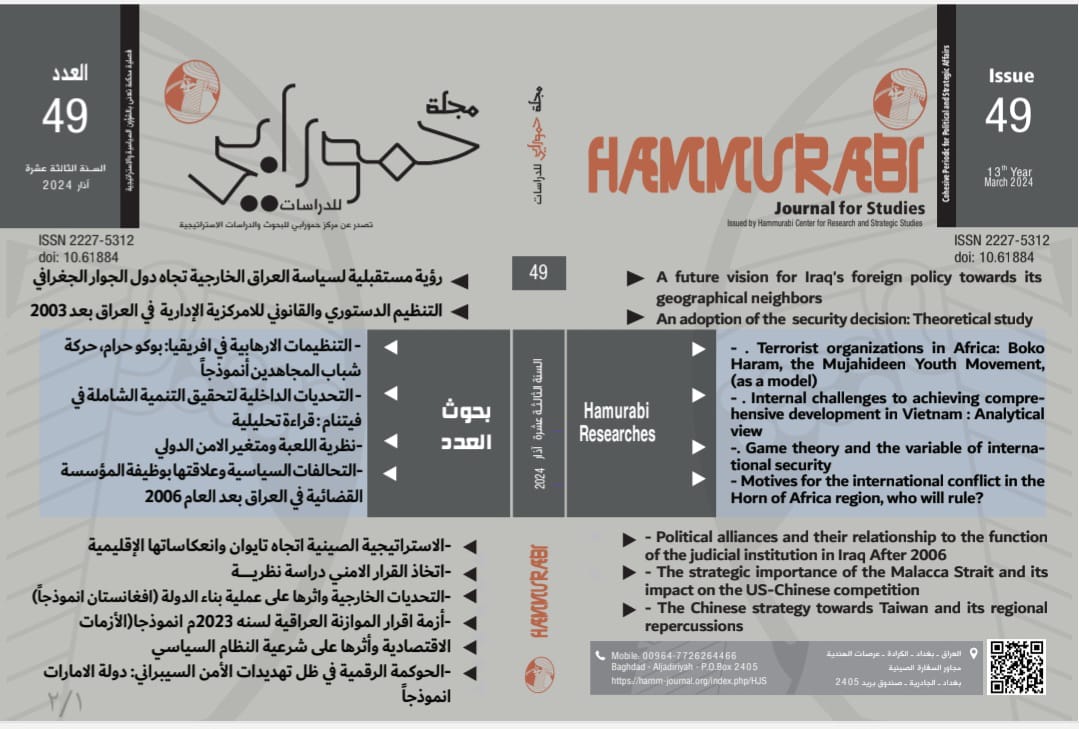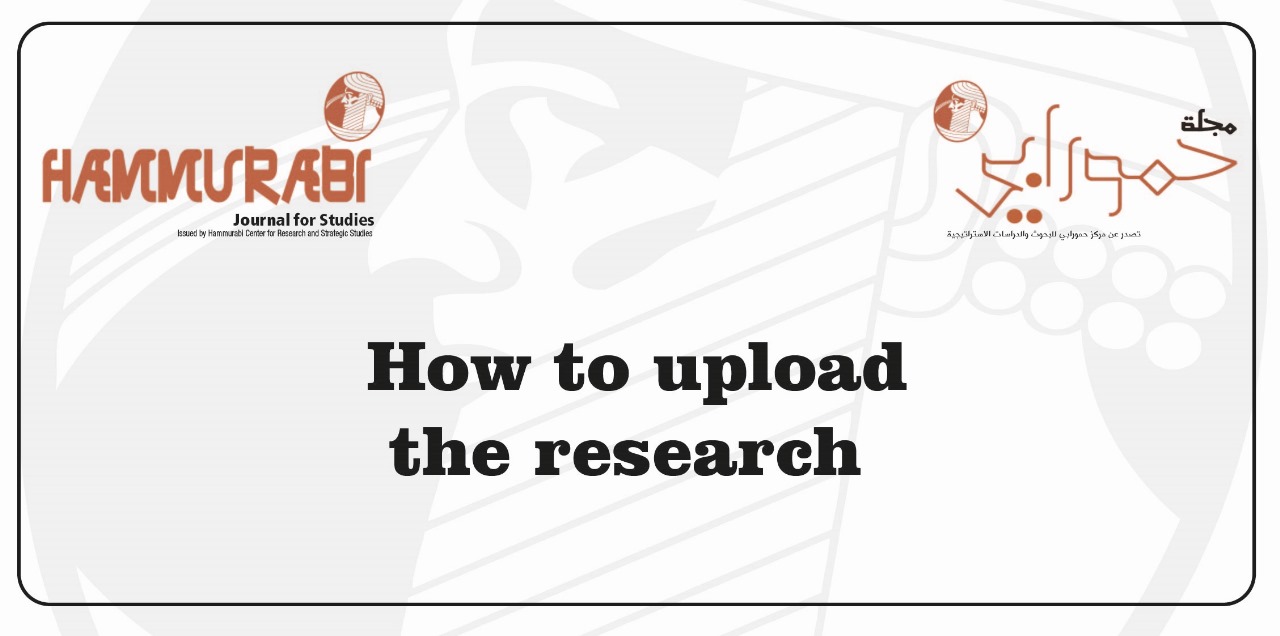An adoption of the security decision: Theoretical study
DOI:
https://doi.org/10.61884/hjs.v13i49.435Abstract
The decision-making process in various fields and at different times is not an easy process at all. It is surrounded by many problems, even if they differed in terms of quality and time, or their differences are from one country to another and within the country itself. The field in which the decision is taken in order to address the problem is a subject of research to find the best solutions for it. So, it requires a set of assets and skills, and a lot of rationality and requirements, especially when the decision is related to one of the areas directly related to the security of the state, the individual, and the nature of the relationship between them on the basis of what is taken. So, the developed countries seek to surround it with a set of conditions, tools, and strategies in order to reach the specified goal of the existence of the decision in the first place.
The security decision is one of the most dangerous decisions and the most prejudicial to the survival of the state and determining the nature of the relationship between it and its members in terms of balance or not, which necessitated the availability of a set of skills for the decision-maker taking into account the circumstances surrounding the security problem because it does not tolerate risk, and personal judgments, especially in periods of crisis and emergencies that the state faces from time to time. So, the methods of taking it have varied according to the circumstances of each state and within the state itself among the institutions concerned with security, which in turn moved it from the traditional to the informational and its multidimensionality and inclusiveness in it. Accordingly, security decision-making is a science and an art at the same time, which forced states to giving it great importance in order to achieve the intended goal of taking it.
Keywords: security decision, decision making, making decision.












